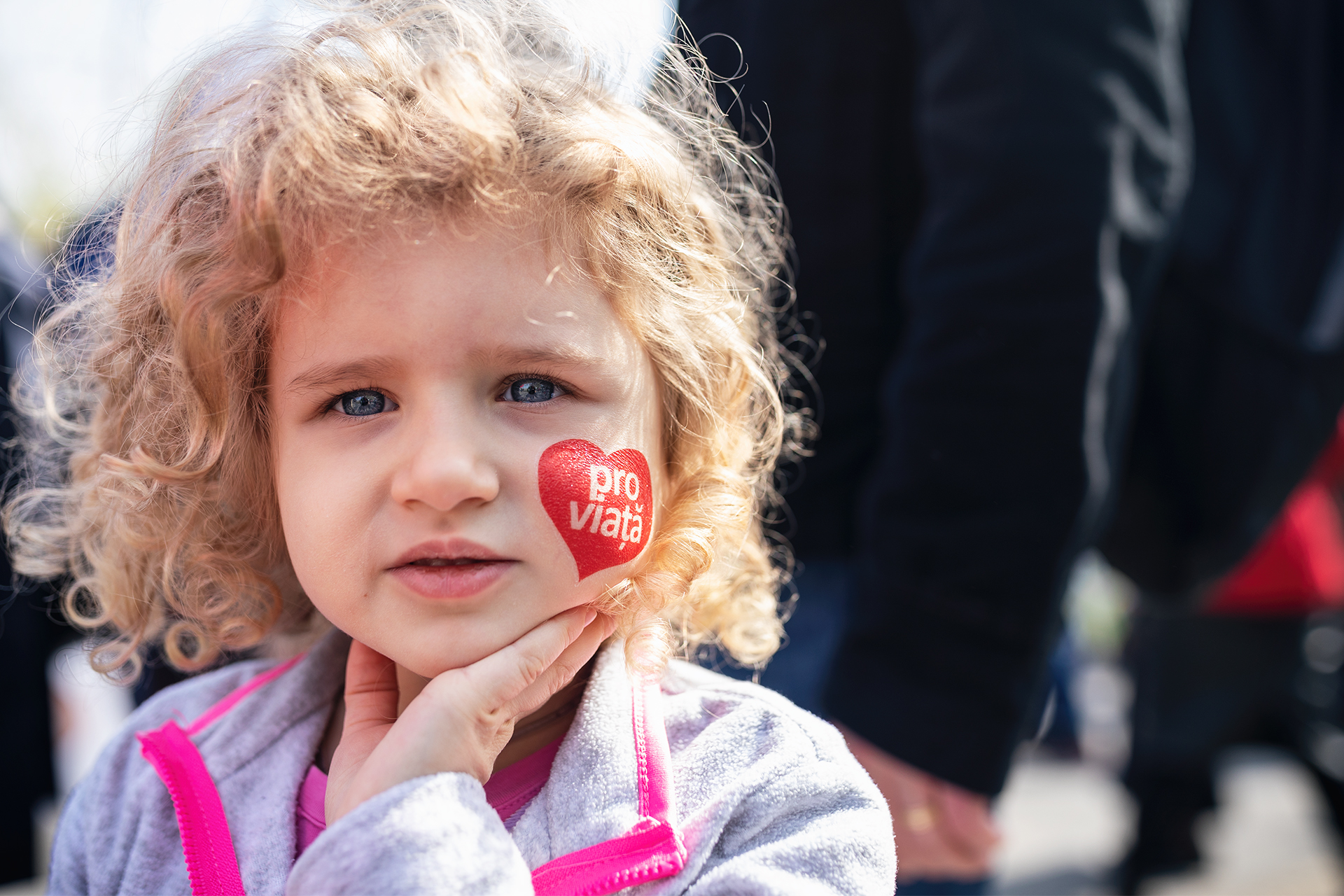This year, 20 November, marks three decades since UNICEF established World Children’s Day to celebrate the adoption of the Convention on the Rights of the Child. There is much talk about children’s rights and about involving children in decision-making processes, but less about the right to life for the unborn children.
Children have fundamental rights, which the Romanian government discusses in the National Strategy for the Protection and Promotion of Children’s Rights:
- Education: school drop-out greatly affect Romania’s children, especially those in rural areas;
- Health: Romania remains the country with the highest infant mortality in the EU, especially after birth and from preventable causes (in 2012, 29% of deaths were caused by respiratory diseases);
- Personal safety: at the time of the strategy writing, the rate of domestic violence and child neglect was up by 7% in Romania;
- Non-discrimination: research shows that rural and Roma children face the most discrimination.
The document thus identifies a number of serious problems affecting Romanian children.
However, neither UNICEF nor other public policy documents consider discrimination according to the child’s stage of development. There is no mention of the child’s first right, which is also the first human right: the right to life.
Does this attitude of disregard for the unborn child somehow influence our half-hearted involvement in solving the other problems of children already born?
Nearly 43 million unborn babies lose their lives every year through abortion worldwide, and no one talks about them.
Basically, society only recognises the human status of the already-born children, not also of those conceived and unborn yet. A real debate on this subject would confront us with the truth that we do too little to support these children and their mothers, who often resort to abortion for lack of support.
An American study confirms that almost three quarters of women who have an abortion on demand have been pressured to take this step, which they have done reluctantly and against their own conscience.
Recently, however, several dozen countries have taken action. In 2020, at the UN World Health Assembly, the Geneva Consensus Declaration was launched, signed by 37 countries which pledged to “to enable women to go safely through pregnancy and childbirth and provide couples with the best chance of having a healthy infant.”
The Declaration starts with a reaffirmin of women’s rights and continues: “the child… needs special safeguards and care… before as well as after birth” and “special measures of protection and assistance should be taken on behalf of all children,” based on the principle of the best interest of the child.
“The prerequisite for a truly progressive society is support for both woman and child through motherhood and beyond,” declared a lawyer present this week at the two-year anniversary of the Declaration.
Photo credit: Basilica.ro / Raluca Ene (archive)






